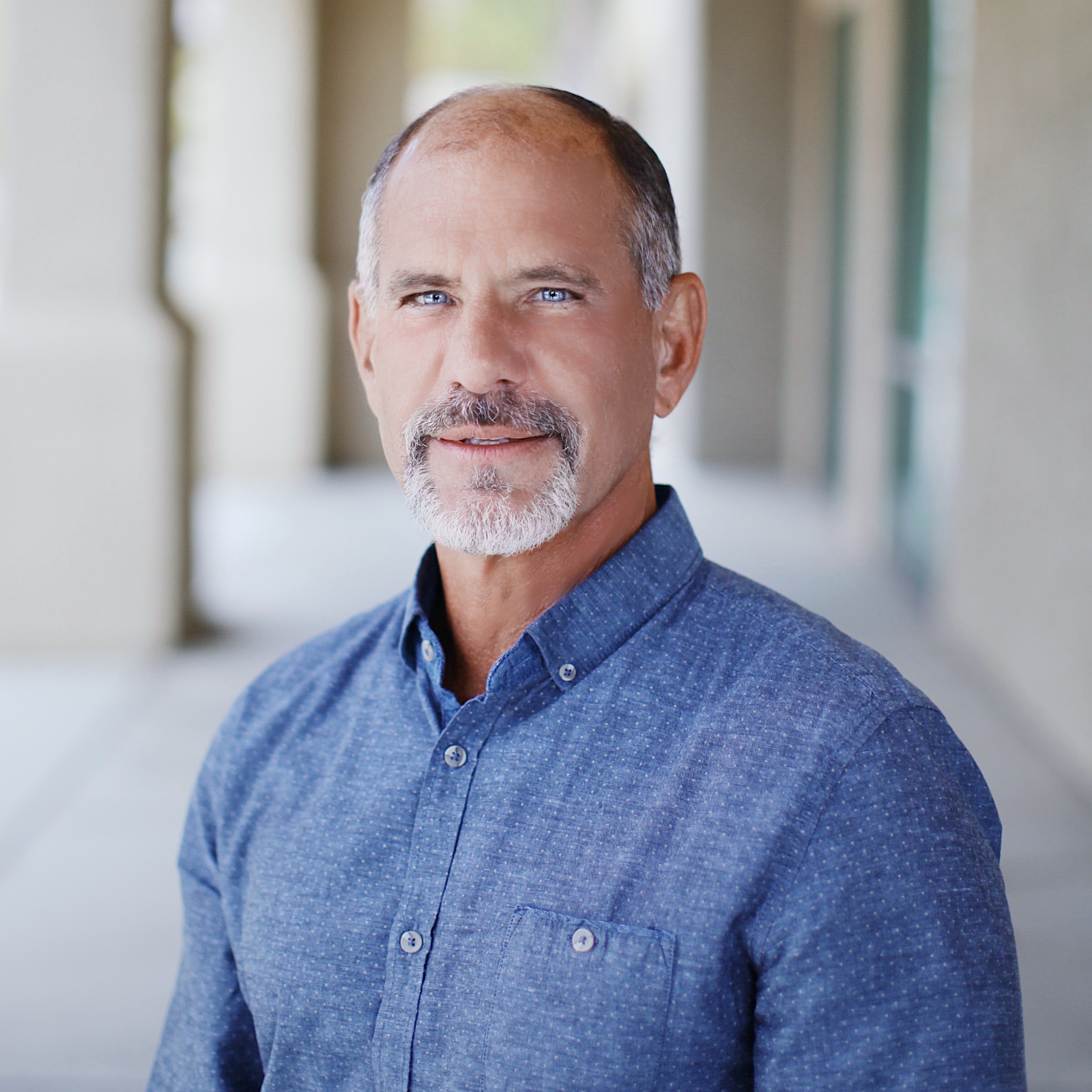What do the Syrian refugee crisis, the Ukraine-Russian War, and Khartoum in flames all have in common? Each, in its way, proves the lie of Secularism’s promise of Unity through Reason.
The Renaissance gave birth to two competing ideological streams; the Reformation and the Enlightenment. The Reformation sought to correct the corruption of the institutional church. The Enlightenment aimed at making religion a relic of humanity’s past. What need was there of appeal to a supernatural deity when human reason was poised to clarify the world’s problems and then solve them? For the Enlightenment, God was irrelevant. He was no longer needed since reason could solve all problems by adequately applying the newly devised scientific method.
Enlightenment thinkers advocated taking off the “training wheels of religion” and riding free on the bicycle of human reason. The great promise was that reason alone would solve the problems plaguing history. The Thirty Years War resulting from the Reformation’s contest with Roman Church proved the Enlightenment’s contention that religion was the chief cause of disunity and conflict. Dispatch religion to the intellectual hinterlands, and reason would prevail, bringing in a New Dawn of Harmony and Light.
How’s that working?
Because the Enlightenment won the ideological contest with theism, the Secularism the Enlightenment sought to install has largely been achieved in Western culture. Modern media has made that culture ubiquitous across the globe. It is no longer just “Western Civ.” It is the world’s culture and civilization. But as we peruse the news, we come to a surprising realization. The harmony Secularism promised has not arrived. If anything, our world is more fragmented and conflict-ridden than ever.
Look at the United States. Political anger and partisanship are epidemic. While there has always been a divide between the left and right, liberals and conservatives, Republican and Democrats, the distance of that divide has widened to the point where people on opposite sides won’t even talk to each other. Up to the 1990s, apart from some issues like abortion, the political divide was relatively small, and people maintained friendships with those they disagreed with. Today, the divide is so great, the issues so contentious, friendship with someone on the other side of the political aisle is deemed traitorous and worthy of a suspicion that trashes reputations.
The racial tension that gripped the United States and Europe following the George Floyd riots hasn’t left three years later. Before the Summer of 2020, many of the racial disparities that were the lingering leftovers of the past were well on their way out of the legal and social door. America had a ways to go but was well on that way – UNTIL that Summer. Race was thrust back into the popular conscience to the result that communities are more fractured and factious than ever. Indeed, diehard secular progressives haven’t just given up on Martin Luther King Jr’s dream of the day of unity, when people would be judged based on their character rather than the color of their skin; they have made the amount of skin pigment a cause to divide.
Yet when I go into the churches of the county where I live, I find people of all different races, ages, and other socio-economic differences sitting alongside one another in a genuinely affectionate community. They don’t just meet together within the walls of their churches. They visit in one another’s homes, share meals, and attend sporting events. To us, a phrase popular right now they are “doing life together.” They’ve transcended the fractures breaking apart the world they live in. The peace they’ve found with God through Faith in Christ has become the peace they share with one another.
Secularism has failed miserably and tragically in its promise to unite humanity. Today’s version of Secularism is tearing the world apart, while The Gospel is the most significant unifying force history has known.
To anyone reading this and saying, “What about all the wars of religion? What about all the places today where religion is the cause of conflict?” I understand the challenge. There’s merit to it. Much that has happened in the history of religion and the name of God has been atrocious. A crucial point to consider is whether what has been done in God’s name is aligned with Him and His plans. Once you know what The Gospel really is, you conclude that hate, war, greed, and the other motives behind conflict are incompatible. Jesus dealt with what was wrong with our world by dying FOR it, not making others die for His ideology.
The Gospel was, is, and always will be the answer to what is wrong with our world. Secularism made a grand promise and failed miserably. It ought to be rejected as the abject failure it is. But it won’t be. History proves that those who reject God are willingly blind to the causes and consequences of their error.
The way forward for God’s people in this secular cultural moment is to live out The Gospel in Community, loving and serving one another, shining the light of new life in Christ so brightly those trapped in the darkness will see our good works, give glory to God, and find the way home.
Photo by Kristijan Arsov on Unsplash

Lance is the founding and lead pastor of Calvary Chapel Oxnard where he has served since 1982. Lance & David Guzik co-pastored the church for six years before David planted a church in a nearby community.
Lance & his wife Lynn were married in 1980 and have three adult children and five grandchildren. Lance loves teaching the Bible, History, and Leadership. He holds Masters-of-Arts in Biblical Studies and Ministry.
Lance serves as a chaplain for both the Oxnard and Port Hueneme Police Departments and enjoys backpacking, wood-working, working out, gardening, home improvement projects, reading, and graphic design.
The popular Communio Sanctorum: History of the Christian Church podcast can be found in both audio and video at the Into His Image website along with a growing inventory of Lances teaching.





Very well said, Lance. I’m reading a book on the Crusades that reports how the Church of the Middle Ages slaughtered, pillaged, and raped its way through Europe to do the same in the Middle East. But my thought is that if it doesn’t look like a duck, if it doesn’t walk like a duck, if it doesn’t quack like a duck – it’s not a duck. If the Church Army of the Crusades didn’t look like Christ, doesn’t walk like Christ, doesn’t speak like Christ – it’s not the Church of Jesus Christ. The European armies that marched east in the late 11th Century were not sent by Jesus Christ. The armies recruited and sent by the Pope and the potentates of Europe were not members of the Church of Jesus Christ. They called themselves Christians, but a Christian in name only is not a Christian.
Yes, there were the Wars of Religion. Yet we know that if a group of people don’t look like the Church, don’t walk like the Church, don’t speak like the Church – they’re not the Church. Maybe we should call them The Wars of Religious People. They were the wars of churches, but not the wars of the Church.
Secularism contends that man is evolving, we’re getting better. The thought is that man is basically good in the core of his being, Yet the 20th Century was the bloodiest century in history, and the 21st Century started with a bang on 9/11. As you know, the slaughter and suffering of millions upon millions of people in the 20th Century was the direct outworking of secular and atheist ideologies. Yes, the Church has sinned and done horrific things not worthy of the name of Christ. When David returned from killing Goliath, the women chanted, “Saul has killed his thousands and David his ten-thousands.” Maybe this comparison would be in order, “The Church has killed her thousands and atheistic secularism its ten-thousands.”
Tim,
Thanks – and great additional comments, as always from one as thoughtful as yourself.
Horrible things have been done in the “name of religion” on all sides of the ideological spectrum.
The question is, do those things align with the real teaching they claim to represent – or do they USE religion as a mask for a more sinister end?